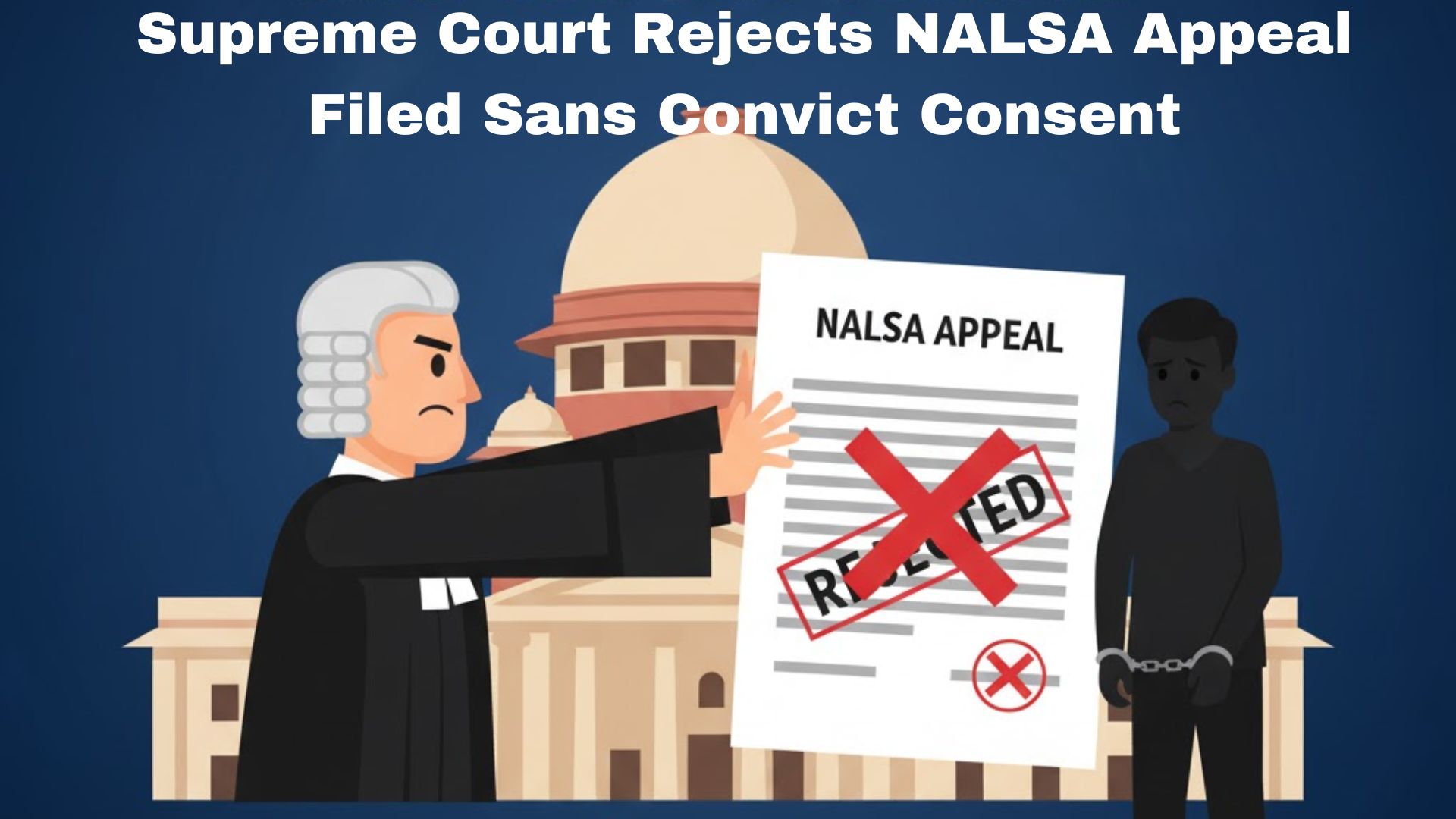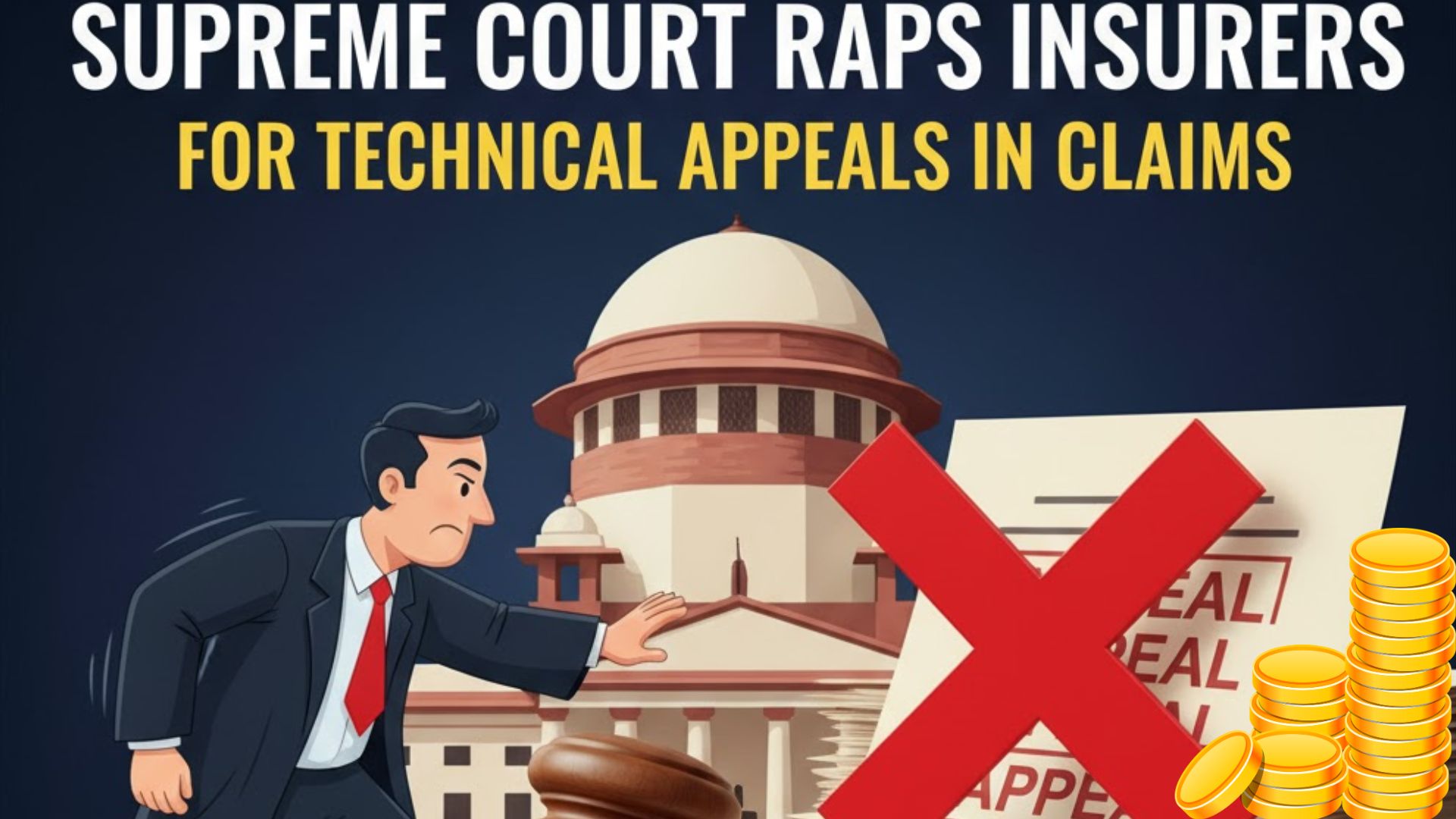@JUDGMENTTAG-ORDER
1. This appeal and the other connected appeals have been preferred against the order of the learned Single Judge passed on 8-9-1994 in M.P.
No. 779/89, M.P. No. 1099/88, M.P. No. 1101/88, M.P. No. 1356/88, M.P. No. 932/90, M.P. No. 933/90 and M.P. No. 1076/90, by which
show cause notices issued to the Respondents in all the cases by the appellant No. 3, the Additional Collector, Central Excise, have been quashed.
2. This order shall also govern disposal of L.P.A. No. 15/95, L.P.A. No. 132/94, L.P.A. No. 133/94, L.P.A. No. 134/94, L.P.A. No. 135/94
and L.P.A. No. 136/94, as common questions of law and facts were involved in all these appeals.
3. We have heard the learned Counsel for the parties.
4. Brief facts giving rise to the present appeals are mentioned herein below. The respondents in these appeals (petitioners in the main petitions) had
constructed sheds in their respective factories with the aid of duty paid product and material. The sheds were built with the help of trusses,
columns, girders, purlins and other articles. The appellants ( respondents in the main petition ) felt that this construction of sheds is not fabrication of
certain articles as noted above, but amounts to manufacturing of the said articles. The appellants were of the view that process of subjecting the
plates channels and angles through the process of cutting, drilling and welding amounted to ""manufacture"" and the material used was goods liable to
Central Excise duty. The appellant No. 3 - Additional Collector, Central Excise in the aforesaid view of the matter issued show cause notices to
the respondents as to why the Excise duty should not be recovered under Rule 9(2) of the Central Excise Rules, 1944 read with Section 11A of
the Central Excises and Salt Act, 1944 (for short ''the Rules'' and ''the Act'' respectively) and further felt as to why penalty be not imposed upon
them on the ground of contravention of the said aforesaid provisions of the Rules and the Act.
5. Feeling aggrieved by the issuance of the said show cause notices to the respondents, they filed writ petitions before the learned Single Judge
under Article 226 of the Constitution, challenging the said notices as without authority of law and total lack of jurisdiction.
6. The appellants filed replies to the said petitions and submitted that the petitions are premature, the respondents have an alternative remedy of
appearing before the Additional Collector, Central Excise, to file replies to the show cause notices and then further appeals, if orders are against
them. They further submitted that under Chapter 73 of the Central Excise Tariff Act, 1945, these articles are covered and consequently are
subjected to levy of Excise duty. They further submitted that the definition of - ''manufacture'' u/s 2(f) of the Act specially after the amendment is
wide enough to cover even such an activity of construction of sheds and therefore the appellants were justified in issuing the show cause notices to
the respondents and calling upon them to pay the Excise Duty.
7. The learned Single Judge after hearing all the petitions together disposed of them by a common order and held that the demand proposed by the
show cause notices is unpropitious on facts and untenable in law. The activity, ex facie of fabrication cannot be branded as of process of
manufacture of goods or products to put it under the umbrella of charging section. Consequently, the show cause notices issued to the respondents
have been quashed. Feeling aggrieved by the said order of the learned Single Judge, the appellant have filed these appeals.
8. Shri B.G. Neema, learned Counsel appearing for and on behalf of the appellants strenuously argued that the construction of the sheds with the
materials as mentioned above used by them amounts to manufacture as contemplated u/s 2(f) of the Act. Therefore, he contended that such an
activity would be sufficient to give authority to them to levy Excise Duty. His further contention is that under Chapter 73 of the Central Excise and
Tariff Act, 1985 structures and the parts of structures are covered so as to levy Central Excise duty on them. He has further relied on a decision
reported in Birla Jute and Industries Ltd. v. Union of India and Anr., 1993 M.P.L.J. 924 as also on a decision of this court passed in Surya Agroil
v. The Union of India and Ors., (L.P.A. 21/95, dated 28-4-1995). His contention is that the respondents had actually manufactured the aforesaid
articles with the intention to build the sheds, manufacturing process itself is sufficient so as to attract levying of excise duty irrespective of the fact
whether the same were taken out of the gate of the factory for being sold or not.
9. In oppugnation of these arguments the learned Counsel for the respondents - Shri S.N. Kohli with Shri Sanjay Kochatta submitted that these
arguments are no more valid and good, specially in view of the judgment pronounced by the Apex Court reported in Quality Steel Tubes (P) Ltd.
v. Collector of Central Excise, U.P. 1995 (56) E.C.R. 209 (S.C.). They have submitted that in view of the ratio of this judgment of the Supreme
Court erection of the sheds which are embedded on the ground and have never been taken out of the factory for being sold in the market and
solitary acts of the construction of sheds, for expansion of their factories will not amount to manufacturing of goods.
10. The Apex Court has fixed two basic norms for levying duty under the Act: (i) that any article must be a goods and that (ii) it should be
marketable or capable of being brought to market . It has also been held that the goods which are attached to the earth and thus become
immovable do not satisfy the test of being goods within the meaning of the Act nor it can be said to be capable of being brought to the market for
being bought and sold. It is further held that unless these two tests are satisfied the goods will not be exposed to any levy of Central Excise.
11. Learned Counsel for the respondents have further relied upon judgments reported in Universal Cables Ltd. v. Union of India and Ors. 1978
(2) E.L.T. (J 632, which has been followed by Hindustan Electro Graphites Ltd. Vs. Union of India (UOI), and Jayant Vitamins Limited Vs. Union
of India (UOI), . They have relied upon these decisions so as to advance the agruments that even the show cause notices can be challenged if the
same are without authority of law and absolutely without jurisdiction.
12. The arguments advanced by the learned Counsel for the appellants appears to be farfetched. Such as wide interpretation of Section 2(f) of the
Act cannot be given. Admittedly the respondents have constructed sheds which are embedded on earth, have not been taken out of the factory for
being sold and therefore the tests as has been laid down by the Supreme Court in the Quality Steel Tubes case (supra) are not fulfilled.
Consequently, the said activity shall not be exposed to levy of the Central Excise duty. The further contention of the learned Counsel for the
appellants that the judgment pronounced by the CEGAT have not been considered by the learned Single Judge is of no consequence specially, in
view of the judgment pronounced by the Supreme Court as mentioned above.
13. The learned Single Judge after consideration of the whole aspect of the matter dealing with each and every contentions raised by the respective
parties has vividly held the show cause notices to be invalid and consequently quashed the same.
14. Thus, in these appeals, we do not find any scope for interference and therefore they are dismissed, with no order as to costs. The order passed
by the learned Single judge is hereby maintained and confirmed.

